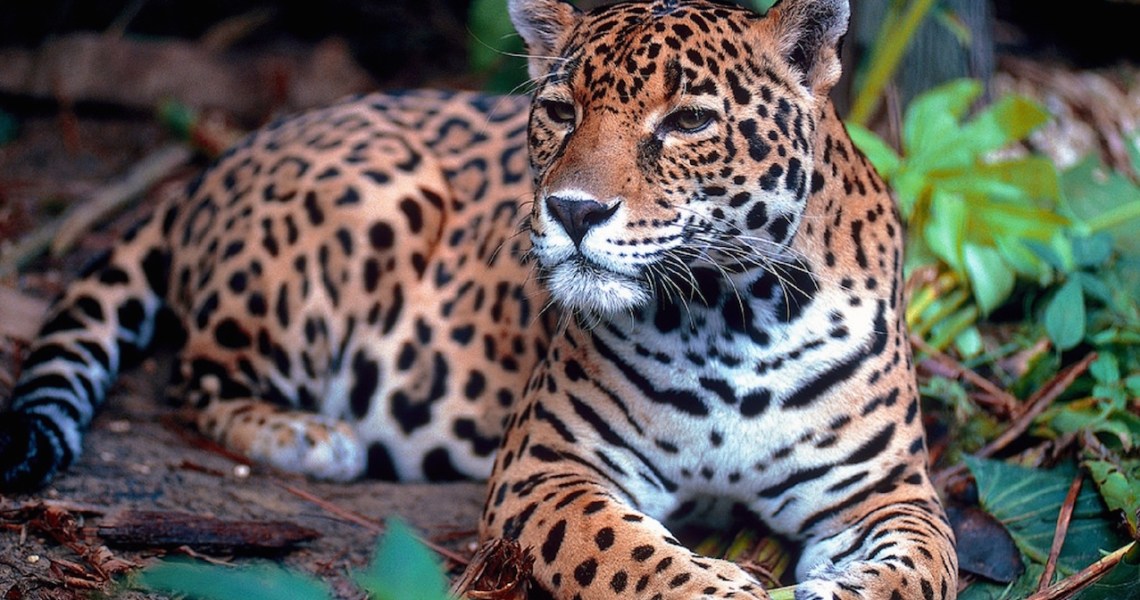On Monday, Brazilian beauty conglomerate Natura & Co. announced its latest sustainability plans, seeking to further protect the Amazon rainforest, eliminate its greenhouse gas emissions and increase economic prosperity for local communities.
Natura & Co., which counts Aesop, The Body Shop and Natura within its portfolio, earned $2.78 billion in net revenue in 2019. It acquired Avon Products Inc. in January. It is the fifth-largest pure-play beauty company based on market cap, behind L’Oréal Group, Estée Lauder Companies, Coty Inc. and Shiseido Group.
The announcement of its efforts comes at a time when Brazilian President Jair Bolsonaro has cut back environmental regulations and funding, and specifically increased legal deforestation. In addition, the larger coronavirus pandemic has devastated Brazil and global sustainability efforts are threatened. Coronavirus has also shed light on the fragility of global supply chains, and the climate crisis continues to loom as catastrophic to raw materials supply chains. Developing working regenerative models to simultaneously profit and preserve the ecosystem is therefore tantamount to ensuring the beauty industry’s future.
Natura & Co.’s key sustainability goals include achieving greenhouse gas emissions of net-zero by 2030 (meaning that any emissions are balanced by absorbing an equivalent amount from the atmosphere or emissions are eliminated altogether), expanding preservation of the Amazon rainforest from 4.4 million acres to 7.4 million (equivalent to the size of Maryland) and increasing the number of communities it works with to source raw ingredients from 33 to 40. This will impact approximately 24,000 people in those 40 communities, according to the company. Natura & Co.’s packaging will also become 100% fully circular, through a combination of reusable, recyclable and compostable materials. In addition, Natura & Co. will also reduce the amount of packaging materials used overall by 20% and increase its use of post-consumer recycled plastic to 50% by 2030.
“Our motivation is not to be better than others or to have all the answers, but instead, to engage with a broad range of stakeholders and, together, find solutions that allow faster and wider positive impact for all,” said Robert Marques, Natura & Co. CEO and executive chairman.
Over time, Natura & Co. has crafted itself as a proponent of ethical and conscious capitalism. Natura & Co. has included environmental sustainability as a pillar of the company since it launched in 1969. Since 2011, Natura & Co. has invested more than $1.5 billion in businesses across the Amazon, and in 2014, it became the largest company to receive B Corp certification as a testament to its social and environmental efforts. Its acquisition of brands has also fallen in-line with sustainability efforts. The Body Shop, which it acquired in 2017, has been against animal testing since it launched in 1976 and has a Bio Bridges program that protects against biodiversity loss. And Aesop, acquired in 2016, is known for using existing materials and architecture for its store locations.
By increasing Natura & Co.’s operating presence to 7.4 million acres, the company aims to prevent both legal and illegal deforestation, said Silvia Lagnado, sustainable growth officer at Natura & Co. The Amazon rainforest is more 350 million hectares large, but 15-17% has been lost due in part to the 2019 fires.
Ad position: web_incontent_pos1
“We want to [end] all legal and illegal deforestation in the entire [7.4 million acres] area,” said Lagnado. “Even if the government says, ‘Oh, this is legal,’ this is still something we’d love to stop. We are absolutely pro-regulation that raises the floor for everybody, and in this case, we’d like the law to be stricter than it is.”
Natura & Co. expects to eliminate deforestation by 2025 by working with local communities to create the economies of scale necessary to make growing and collecting ingredients from the Amazon profitable and sustainable. For example, the Financial Times noted that farmers could earn $7 for cutting down a single endangered ucuuba tree or earn about $12 by selling the seeds to Natura & Co., which uses butter from the trees’ seeds for soaps and moisturizers.
The company is working toward ensuring that all people under its employment earn a living wage (or higher) by 2023, bringing to mind the mutually inclusive role that human rights and sustainability play. By creating a fully traceable and transparent supply chain, Natura & Co. is able to discern human rights violations and areas where the company can do better.
“Most of the certification programs for sustainable sourcing of ingredients include not only the sustainability of the practices from an environmental perspective but also the human rights of people within the supply chain,” said Lagnado.




